In the realm of industrial temperature control, the CH Temperature Controllers, exemplified by the CH3000 model, stand out as a cutting-edge solution offering a myriad of advanced features. Among its many capabilities, the implementation of Proportional-Integral-Derivative (PID) control and Auto-Tuning features distinguishes CH Temperature Controllers as a versatile and intelligent choice for precise temperature regulation in diverse industrial settings.
PID control is a sophisticated algorithm that enhances the accuracy and stability of temperature control systems by dynamically adjusting the output. The three components of PID—Proportional (P), Integral (I), and Derivative (D)—work in tandem to optimize temperature regulation.
Proportional control adjusts the output proportionally based on the difference between the actual temperature and the set temperature. This rapid response helps the system react swiftly to temperature changes, but it may lead to overshooting.
Integral control adjusts the output based on the cumulative sum of temperature deviations. It counteracts persistent deviations from the set temperature, enhancing overall system stability.
Derivative control adjusts the output based on the rate of temperature change, preventing overshooting and oscillations. It contributes to making the system more robust and stable.
By combining these three elements, PID control in CH Temperature Controllers ensures a system that responds quickly to changes, minimizes overshooting, and improves overall stability.
One of the standout features of CH Temperature Controllers is its Auto-Tuning functionality, which streamlines the PID parameter adjustment process and makes it more intelligent and automated.
Automatic PID Parameter Adjustment:
CH3000 can automatically adjust PID parameters during operation, eliminating the need for manual intervention. This ensures that the temperature control system maintains optimal performance under varying operating conditions.
Optimizing System Response:
The Auto-Tuning feature optimizes the system's response to temperature changes, enhancing adaptability and stability. This proves invaluable in addressing uncertainties and fluctuations inherent in industrial processes.
Reduced Debugging Time:
With Auto-Tuning, users significantly reduce the time spent manually adjusting PID parameters, improving operational efficiency. The system continuously learns and optimizes during runtime, ensuring sustained high performance.
In conclusion, CH Temperature Controllers, equipped with PID control and Auto-Tuning features, represent a pinnacle in advanced temperature control solutions. The intelligent PID algorithm and automated parameter adjustment of the CH3000 enable it to adapt to complex industrial environments, ensuring precise and stable temperature control. This not only boosts production efficiency but also simplifies operational complexities, making CH Temperature Controllers a go-to choice for industries demanding accuracy and reliability in temperature regulation.
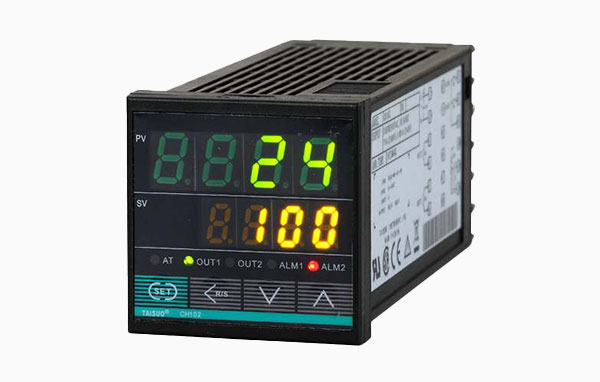


 English
English русский
русский 简体中文
简体中文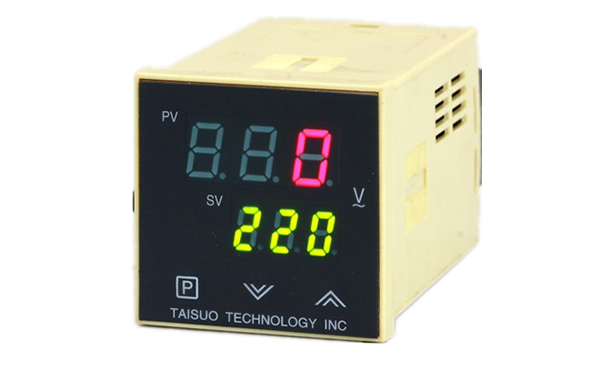
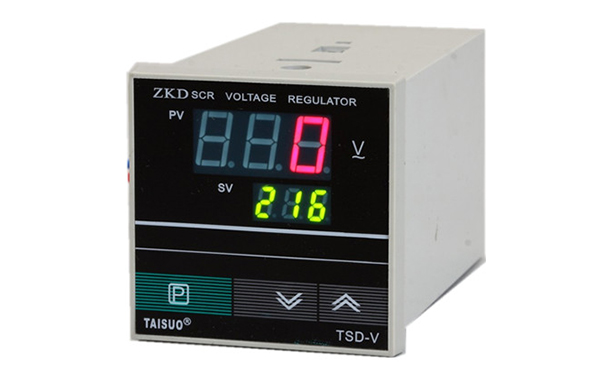
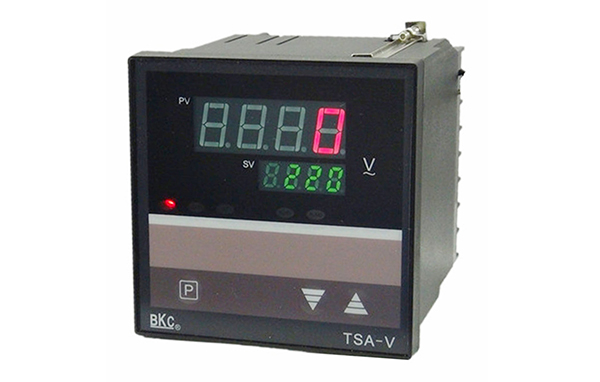
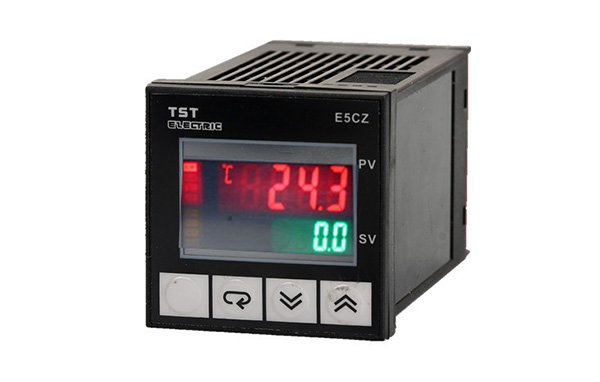
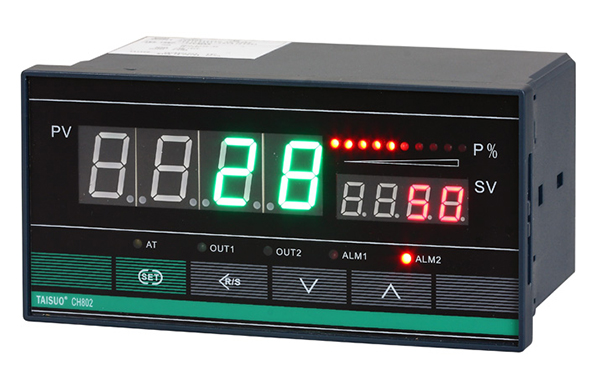
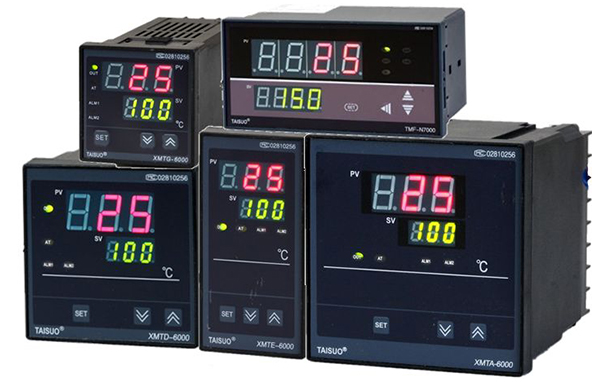
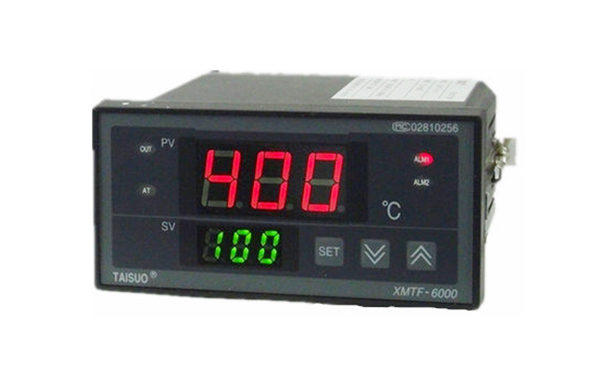
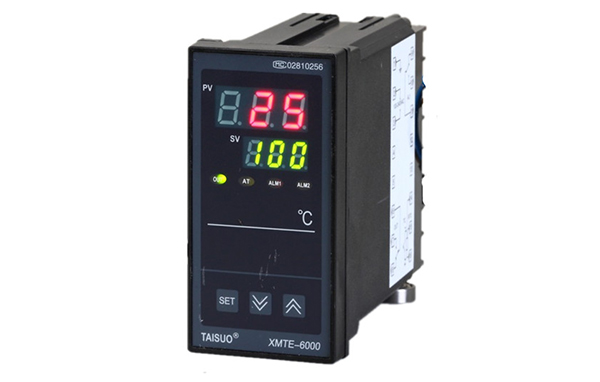
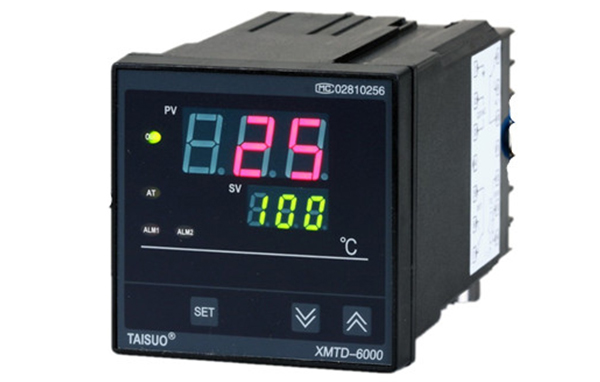
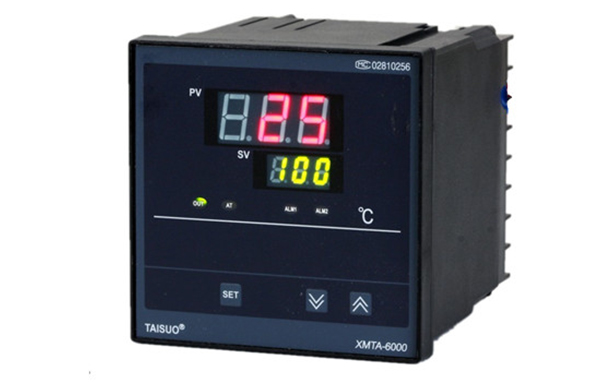
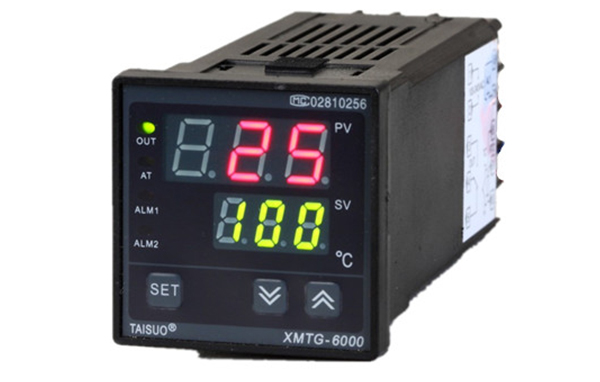
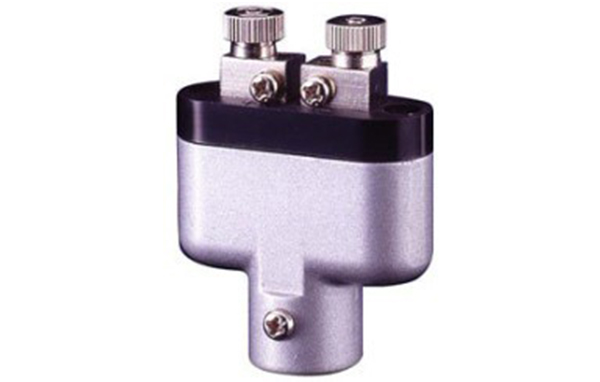

 Ins: tai_suo
Ins: tai_suo

